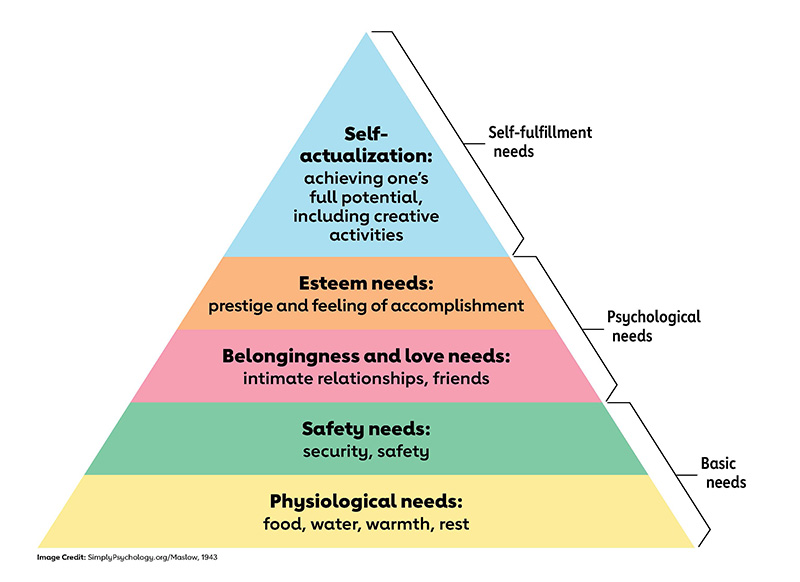Social Work. That age-old profession of nosy white women taking kids away from families. Right? RIGHT? No, in fact; that's not what social work is all about.
Social Work as a formal profession has been around for decades and informally has been around for millennia. It started formally late in the 19th Century to help vulnerable people, like immigrants, escape poverty. Since then, it has become a full-fledged professional career and helping profession with more than just poverty on the mind. The core values of social work include social justice, promoting the dignity and worth of people, the importance of human relationships, competence, service, and integrity (in no particular order). Informal social work still exists in our world today-- think of people in communities who work to help those in need or churches that host soup kitchens. But as a profession, social work has a definite mission, which is "to enhance human well-being and help meet the basic human needs of all people" according to the National Association of Social Workers Code of Ethics.
Cool. But what does this have to do with sports? Why is there an intersection? How do they go together? This is definitely a niche within social work: utilizing the mission and core values of social work to help athletes of all ages-- youth, college, and professional. You might be thinking, "Ahhh, you're a sports therapist," and while yes, that is an option, no, that is not my intention. My goal as a sports social worker is to enhance the well-being of athletes at all stages of their game and help meet their basic human needs. I love working with college athletes, and since 2013 I've been working exclusively with women's lacrosse players.
"Aren't their basic needs met? They're college athletes. They get free shoes and food."
Well, there's more to Maslow's hierarchy of needs than just food and clothing.

Comments
Post a Comment